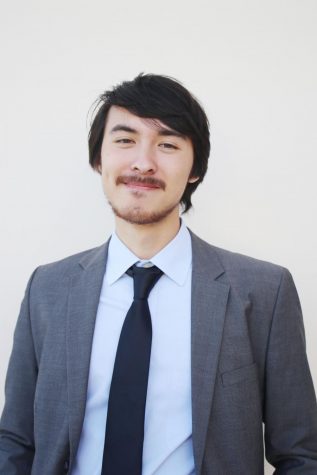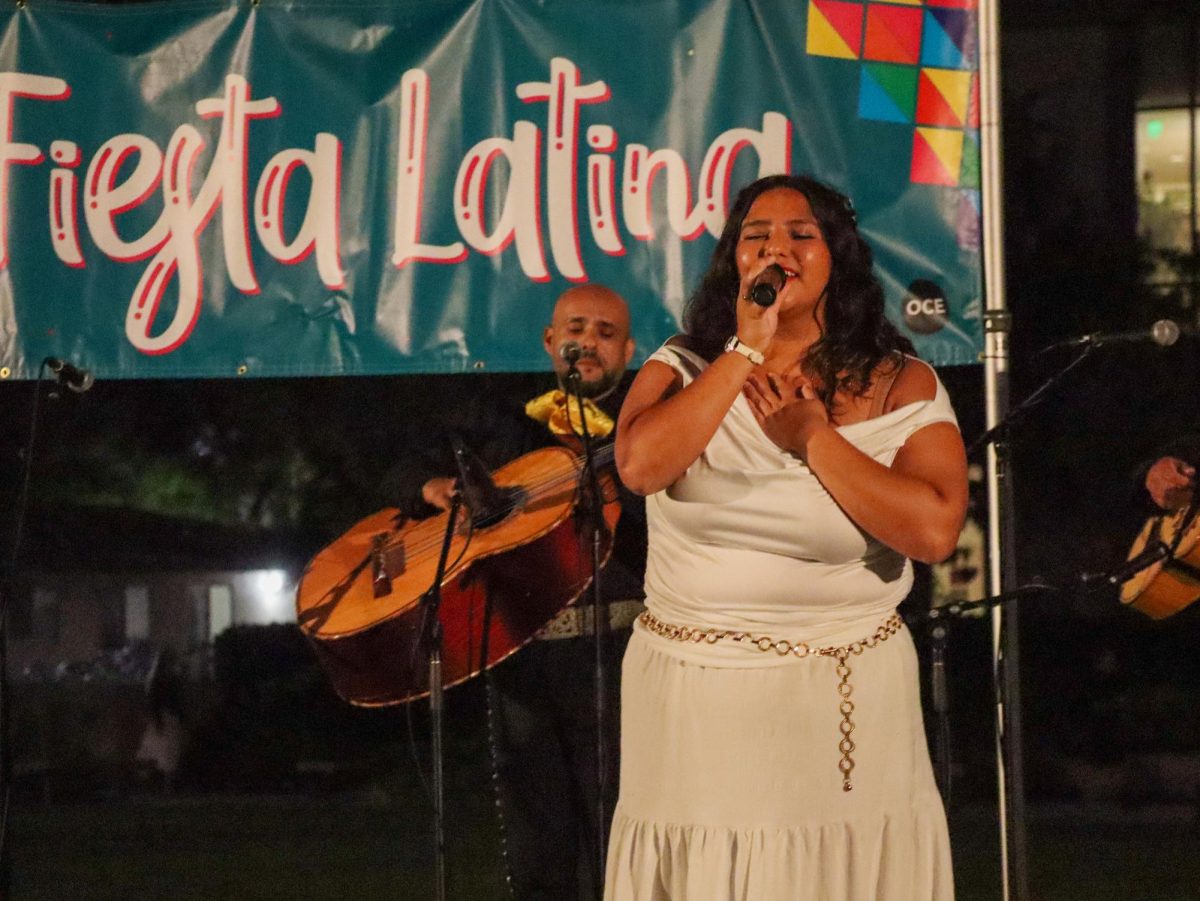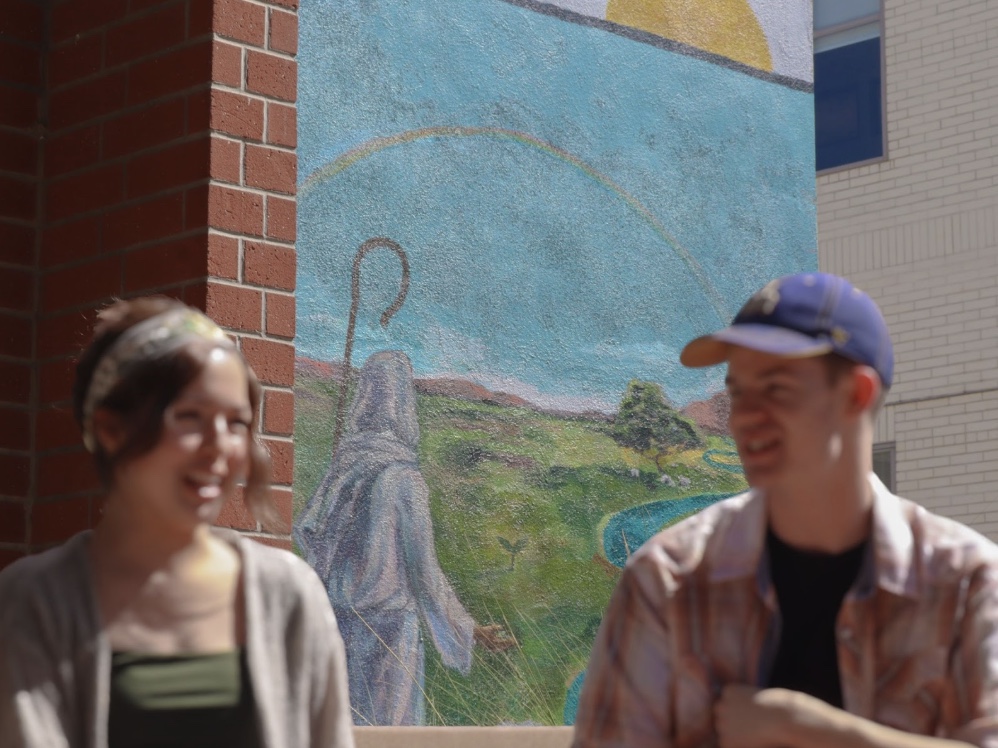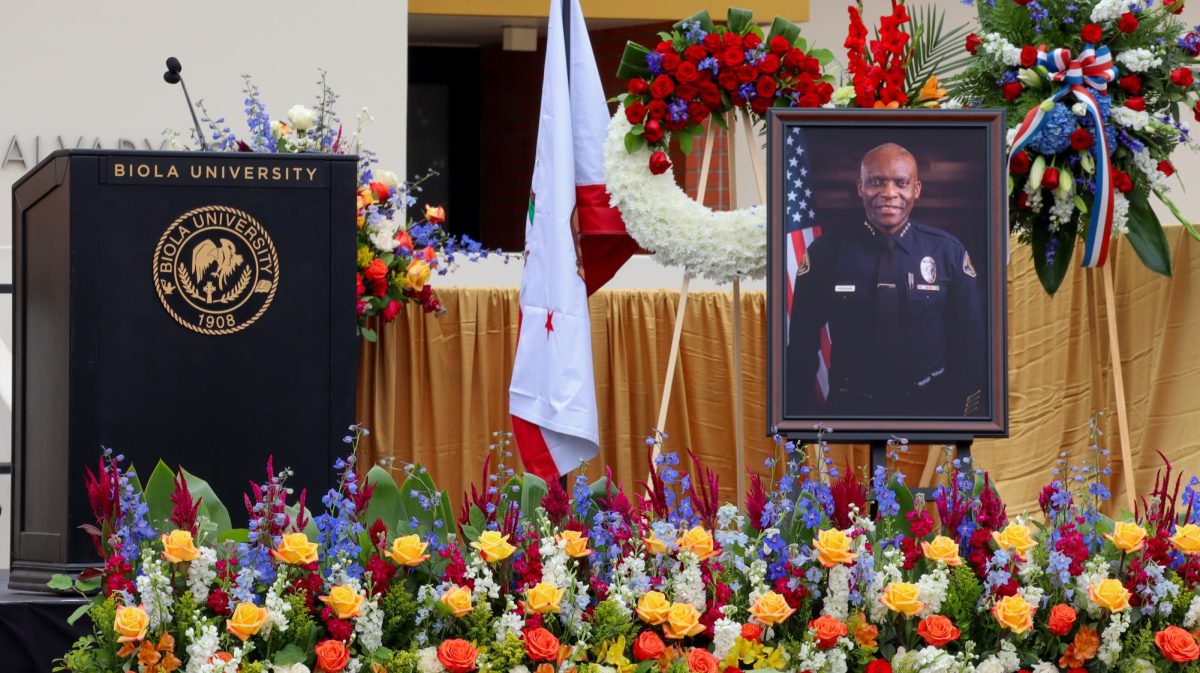As conversations abound regarding #MeToo, immigration and the 50th anniversary of Martin Luther King Jr.’s death, leaders of the Student Congress of Racial Reconciliation conference plan to label workshops to better accommodate different levels of understandings.
WORKSHOPS DEMARCATED
Glen Kinoshita, director of Imago Dei initiatives and director of SCORR, believes those who come to the conference will have differing engagement levels from each other. In the past, workshops have reflected this, allowing people to attend the ones best matching their experience. This year, however, SCORR will make this distinction more apparent, labeling each workshop as “Emerging,” “Expanding” or “Engaging” according to attendees’ familiarity with the subject.
“All of those folks are going to have different needs, different questions, different capacities—how much they can process at a given time,” Kinoshita said. “We try to program for all these different levels, to be relevant to them. And that’s why we have designated this for this year’s program.”
Chapel programs director Lisa Ishihara has also recognized the need to encourage students to make intentional choices concerning the workshops they attend. Because of this, Spiritual Development holds a chapel on the Monday prior to the conference, allowing them to plan ahead and consider what topics they hold interest in.
“I think with our own ethnic identity development, we are all at different places, all the time. When you first enter the conversation, you’re at one place… Some of our staff and faculty have been in this conversation for 30-plus years. Everybody is at different places,” Ishihara said.
MINOR ADJUSTMENTS MADE
Student directors have also made minor changes to the conference, including moving the SCORR Community Action Network event, which connects students with non-profit organizations, from Andrews Banquet Room to the more public Sutherland Way.
“That’s exciting because in that event, various vendors come… to kind of show attendees a way to connect what they’re learning at SCORR to the real world and real experiences,” said Kaelyn Timmins, student director and senior cinema and media arts major.
Student director and Christian ministries major Zoe Alava hopes to see close to 1,000 attendees at this SCORR conference, as on-campus attendance continues to increase.
“I think there’s always a conversation around whether SCORR should be required of Biola students or not, and there’s a lot of different opinions and a lot of things to consider. I think at some point, in not the near future, I would like to see it become more integrated into Biola’s life and student culture, but… I think our target audience being visiting students is really our heart right now,” Alava said.
Regardless of whether SCORR is required for students, Ishihara believes the conference presents an opportunity for those who desire to learn and grow.
“When you’re a willing participant, who wants to grow in this area, God can really stretch, I think, our capacities for learning and understanding and connection. I think when there is a roadblock in our hearts or in our minds to being open, to looking at people who are different from us at some form, and we’re forced into that place, it’s a challenge,” Ishihara said. “It’s a challenge that I wish we didn’t have, but that I have to recognize exists.”
SCORR conference will be held Feb. 16-17.








